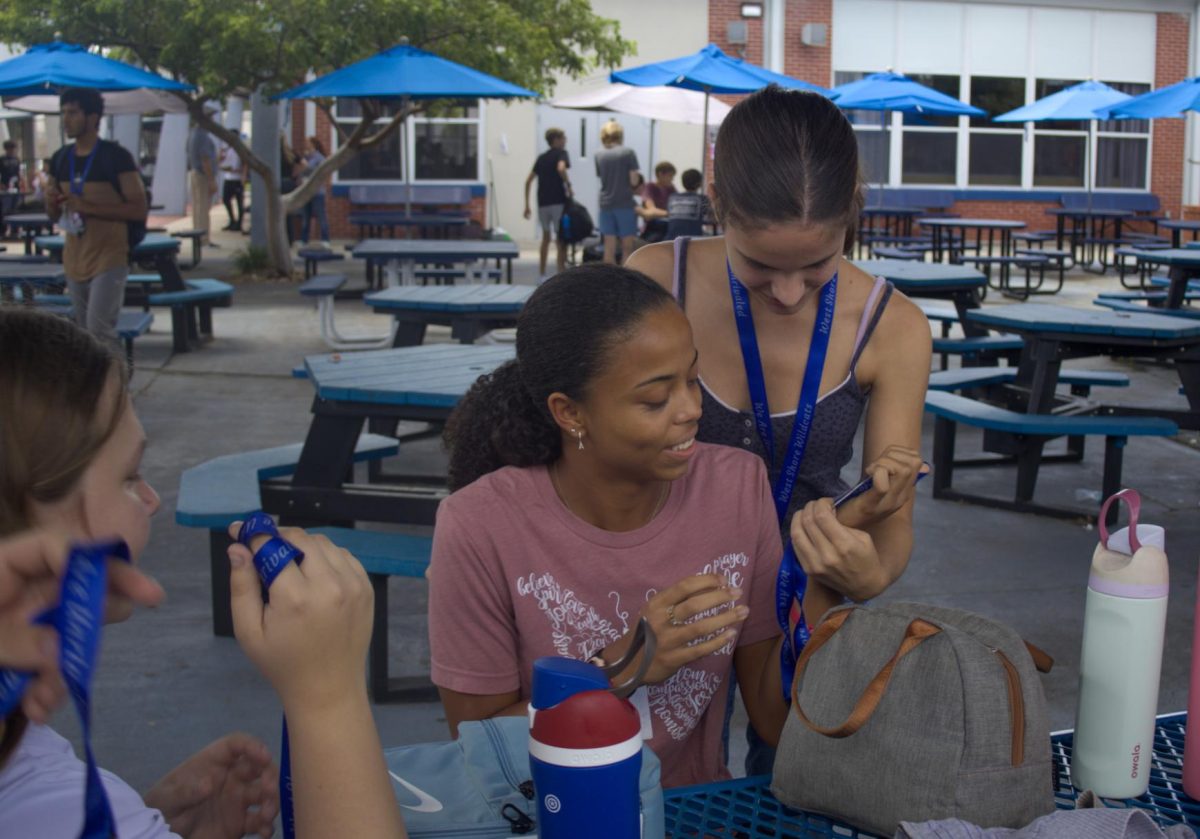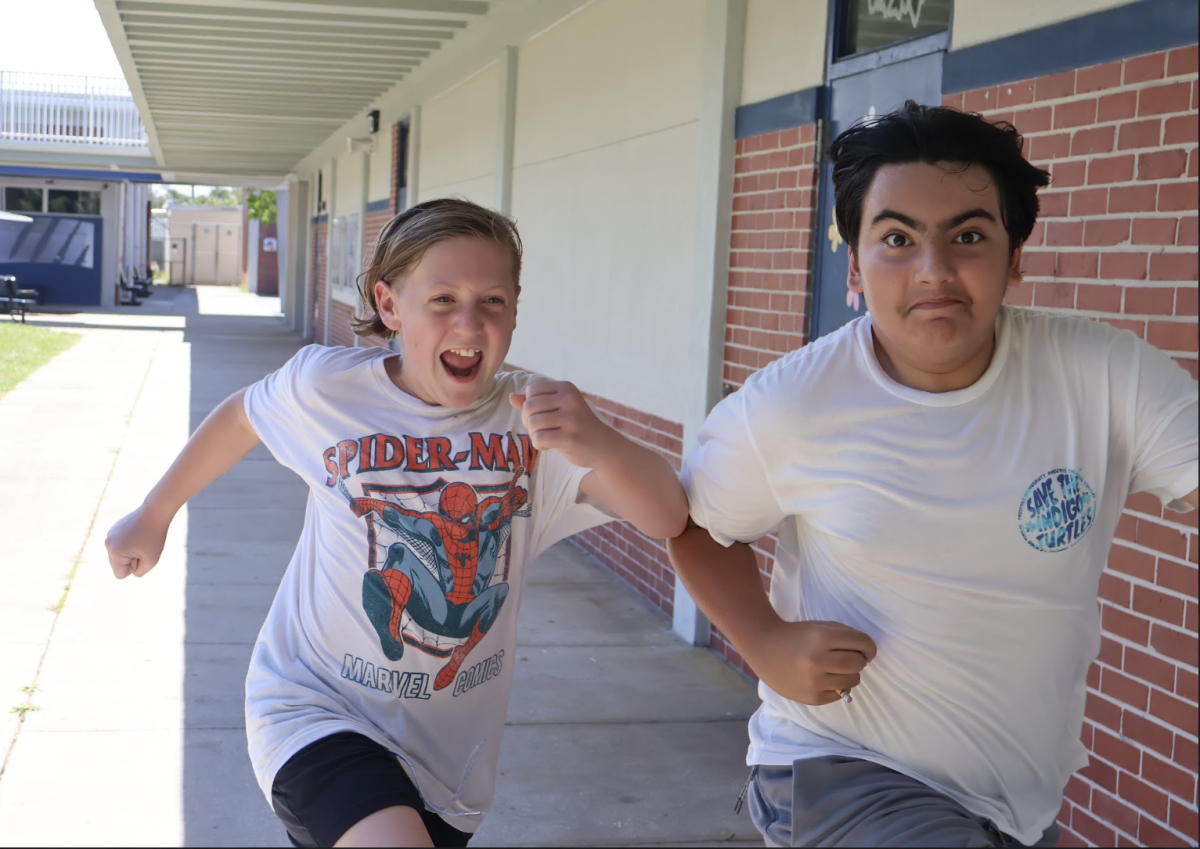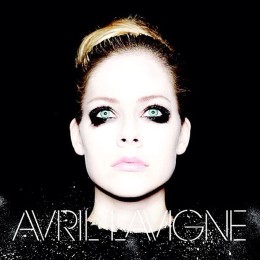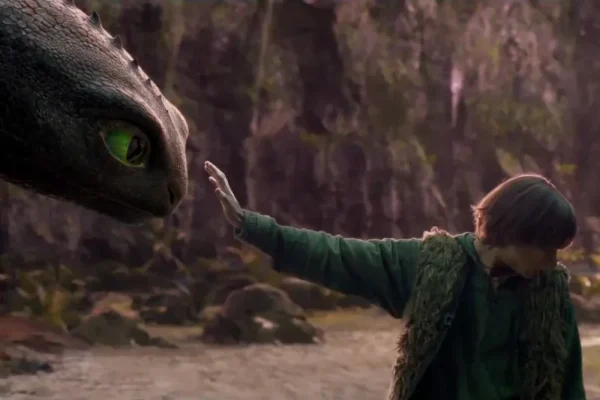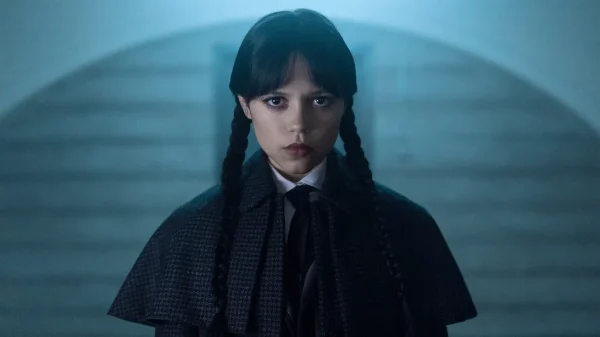Self-titled ‘Avril Lavigne’ solid, but repetitive
Avril Lavigne has been a self-professed rebel since the beginning of her career way back in 2002. Her fifth studio album, “Avril Lavigne,” focuses on never growing up, but the repetitious theme quickly gets annoying. Though it’s one of her better albums, “Avril Lavigne” is held back by her attempts to develop her outdated theme.
“Rock n Roll” sounds like the classic Avril Lavigne song: mid-tempo, rock-influenced and way catchy. Oh, and gratuitous cursing and annoying backup vocals (read “talking”). Much of Avril’s early career was centered on how different she is; she’s not your regular pop star, she says. She’s different, she says. This song gives the same basic message. In the first verse, Avril sings how she likes her “jeans all ripped up” and “doesn’t care about her makeup.” (If you just look at the album’s cover, you know this isn’t exactly true.) The rest of the song centers on Lavigne and her significant other bonding over rock and roll and reveling in their collective rebelliousness. “Rock n Roll” is obnoxious, but it’s supposed to be; there’s no better way to capture the spirit of rock and roll. With a great guitar solo, this song for the most part is a great start to the album.
“Here’s to Never Growing Up” is a well-composed song. It describes typical features of young adult and teenage partying, running through the streets yelling curses, raising up cups “to never growing up.” It’s relatively catchy, and the vocals are pretty good. The problem? Avril Lavigne is 29. I would understand if this song came from Avril’s early career, back in 2002 when she was 17. But, again, she’s almost 30 and on her second marriage. She’s not a kid anymore, and frankly, her singing about being “forever young” is really weird. On the other hand, the music video is reminiscent of “Complicated,” full of skating and Avril’s neckties, and is nostalgic in a way I wish the song was. Though good musically, I wish the lyrics’ subject was better.
“17” is nostalgic in the way “Here’s to Never Growing Up” should have been, describing “long gone” days when Avril was “on top of the world” and in love at the age of 17. Unfortunately though, it sounds like a Katy Perry ripoff, in the worst possible way. The song sounds so un-“Avril” that I wouldn’t recognize her voice if I didn’t know beforehand. And vocally, it’s not the best; at the refrain, as Avril describes how “when I hear this song it takes me back,” her voice is so weak it practically disappears. Although I do like the “ohs” before the bridge, “17” is just too strikingly different for me to like.
“B******’ Summer” is yet another song about being young with more needless cursing. The song opens with Avril “waiting on the bell” before “school gets out” (even though Avril probably hasn’t been in a high school class since she dropped out in 11th grade). I enjoy the acoustic sound, which gives the song a laid-back feel. The chorus sounds good, and I love the “ohs” in this song too. But I hate the bridge, where for some reason Avril actually raps. It comes out of nowhere; I don’t know whose bright idea it was to put a rap in such an upbeat, laid-back song. Her voice is muddled terribly with effects, and the lyrics are, for the most part, meaningless. “B******’ Summer” has a strong chorus but has too many inexcusable problems.
“Let Me Go” features Avril’s husband, Nickelback lead singer Chad Kroeger. She and Kroeger were married this July, but their voices just sound off together. In order for the chorus to sound right, Kroeger’s voice was made so quiet he barely can be heard, which is good in my opinion. I would prefer if he wasn’t in the song at all; for some reason, he sounds like a country singer (not good, especially here). I love Lavigne, particularly in the bridge; she softly sings with quiet strings and a piano behind her. The bridge proves her vocal capability, which I was beginning to doubt with the previous two songs. In this ballad, she reminds me of a higher-pitched Amy Lee. High praises, I know. “Let Me Go” sounds amazing, but it could have been better, had Kroeger not been included.
“Give You What You Like” is a dark, moody song and one of the most emotionally deep songs of the album. The lyrics are surprisingly good, as Avril offers sex to combat her loneliness. She asks to “tell me I’m your one and only or lie” and be her “new cure for lonely.” She is so pitiful (in a good way), promising that “I’ll give you what you like.” After their intimate encounter, she feels dirty in the morning, and “all I want is to forget.” “Give You What You Like” is a full story, describing a lonely girl desperate for company and her regrets after getting said company. The composition is beautiful as well; supported by a tambourine and bass guitar at each verse, Avril is at her best. With the strong addition of an acoustic guitar at the chorus, “Give You What You Like” is one of the best on the album.
“Bad Girl,” featuring Marilyn Manson, is the biggest surprise on the album. This song could have gone horribly wrong. Manson’s voice could have grated horribly against Lavigne’s. She could have been too “pop” for Manson. But that didn’t happen. Everything went right. The two rarely sing over each other; instead, Manson answers Avril between verses. Though personally, I wish Manson had his own verse, “Bad Girl” is a perfect way to please both fans of both artists. The lyrics are seductive, describing how Lavigne is “a little tease.” Avril’s “bad girl” persona leads her significant other to love and hate her. “Bad Girl” is the most “rock” on the whole album, reflecting Avril’s earlier sound, which is why it is such a success.
“Hello Kitty” is bad, bad, bad. This is just a cheap way of following the dubstep trend. It is riddled with Japanese phrases, especially “kawaii,” which for the uninitiated is an overused expression for “cute.” Other lyrics are similarly stupid; the chorus repeats “Come come kitty kitty. You’re so silly silly.” I’m not joking. Lavigne sounds as if she’s under the influence, her voice uncomfortably fluctuating between high and low. Music-wise, the beat is unsatisfying. The song builds and builds, but when the beat drops, it just so flat. “Hello Kitty” is stupid; it never goes anywhere and even compared to other dubstep, where music is most important, the lyrics are pointless.
This is one of Avril Lavigne’s better albums, but it is undercut by a weak, repetitive theme and some odd musical choices (rapping, dubstep, etc.). I like the album; really, I do. I just think Lavigne needs to grow up and choose better subject matter.


![Sophomore Isabelle Gaudry walks through the metal detector, monitored by School Resource Officer Valerie Butler, on Aug. 13. “I think [the students have] been adjusting really well," Butler said. "We've had no issues, no snafus. Everything's been running smoothly, and we've been getting kids to class on time.”](https://westshoreroar.com/wp-content/uploads/2025/08/IMG_9979-1200x800.jpg)






















